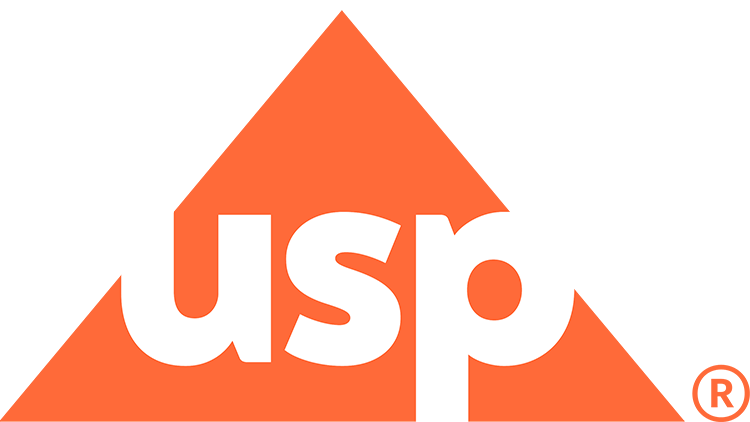
World Standards Week 2024: US Pharmacopeia’s Achievements and Future Focus in Pharmacy Standards

Key Takeaways
- USP's 2024 achievements include impurity identification and labeling safety standards, enhancing medication counseling and patient care.
- Extensive stakeholder engagement has been pivotal in refining standards, notably in pharmaceutical compounding Chapters <797> and <795>.
In this interview for World Standards Week, Nakia Eldridge, PharmD, MPH, of US Pharmacopeia (USP), discusses USP's key achievements in 2024, while outlining the organization's 2025 goals.
For World Standards Week, Pharmacy Times® interviewed Nakia Eldridge, PharmD, MPH, director of health care quality, safety, and information at US Pharmacopeia (USP), to discuss USP’s achievements in standard setting in 2024 and what USP is looking toward in pharmacy in 2025.
Pharmacy Times: With significant strides made in standards setting this year, what are some key accomplishments of note for 2024 you’d like to recognize this World Standards Week?
Nakia Eldridge, PharmD, MPH: I hope for this World Standards Week, more practitioners view our standards as a help to ensure the safety and quality of medicines and dietary supplements and a tool to build trust between patients and health providers. In regard to the US Pharmacopeia, we provide 2 types of global standards. We do documentary standards in the form of monographs and general chapters, and we do reference standards in the form of physical standards that can be used as benchmarks for evaluating drug ingredients and finished drug products. We know that standards are not created in a bubble. They are developed and revised by experts to address gaps and challenges brought to our attention by practitioners that impact the pharmaceutical product lifecycle as well as the medication management cycle. That said, as I look at the strides made this year, some key US Pharmacopeia accomplishments that I would highlight include work around impurity identification, particularly of nitrosamines and polyethylene glycol, but also labeling safety through our Chapter <7> Labeling standard; in medication counseling, through our Chapter <1265> written prescription drug information guidelines. We're really excited about these standards that help pharmacists better take care of the patient.
Pharmacy Times: Specifically, what are some standards setting accomplishments from US Pharmacopeia in 2024?
Eldridge: There have been a lot of lessons learned over the past few years, and the US Pharmacopeia has put forth a lot of effort to engage our stakeholders more often and in various ways to ensure that we are getting the feedback on the standards that we are creating and revising. So, for 2024 we really engage stakeholders before, during, and after standards have been drafted and published.
When I think about one great example for that, it's with the US Pharmacopeia engagement around recently published Chapter <797> the pharmaceutical compounding sterile preparation and Chapter <795> the pharmaceutical compounding non-sterile preparation standard. What we did differently is we really have continued engagement even after these standards have been published. We're doing workshops, meetings, educational activities, all to help assist practitioners implement these standards in the variety of health care settings.
Pharmacy Times: What are some key areas of interest relating to standard setting for pharmacy for US Pharmacopeia in 2025?
Eldridge: One major key area of interest related to standard setting is making sure that we have the right people at the table with the right expertise needed to address the challenges that we are seeking to tackle. And so, from now until March 3 of 2025, US Pharmacopeia will be focusing on recruiting expert volunteers to work on revising and developing standards through the 2025 to the 2030 cycle, and we are excited to bring on these folks, have them volunteer, and address the gaps and the challenges experienced by pharmacists and other health care professionals. The other key area of interest that I would highlight for 2025 is really the challenges that stakeholders have shared around safe medication use in various practice settings. The other one is how to support the implementation of pharmacogenomics testing. And then the other one on our plate is the utilization of digital therapeutics in the health care industries. We know that these are hot topics that really have not established some standards yet, and we're excited to work in 2025 with our stakeholders and with our experts to start that standard setting practice.
Newsletter
Stay informed on drug updates, treatment guidelines, and pharmacy practice trends—subscribe to Pharmacy Times for weekly clinical insights.


























